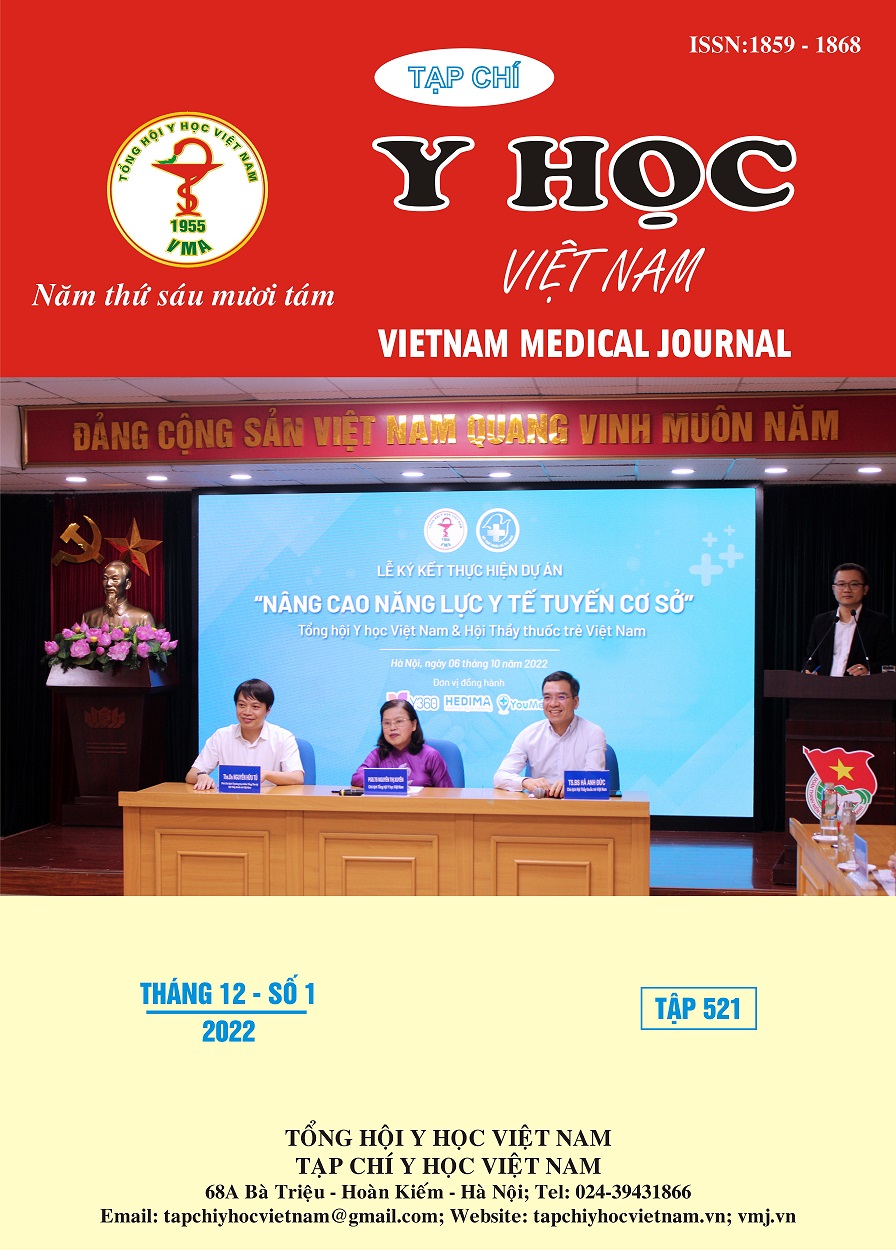DEVELOPMENT AND VALIDATION OF A KNOWLEDGE, ATTITUDE AND PRACTICE QUESTIONNAIRE ON OUTPATIENT OPIOID USE
Main Article Content
Abstract
Background: In advanced cancer patients, pain is one of the most common symptoms and requires long-term opioid therapy. Patients should have adequate knowledge and adhere to opioid treatment to achieve the desired effect. Objective: To develop and validate a knowledge, attitude and practice (KAP) questionnaire on opioid use in cancer outpatients. Methods: The study was conducted through 5 phases: (1) Conduct a preliminary questionaire based on literature review, of relevant national and international studies; (2) Review and revise the questionnaire based on feedbacks from expert panel; (3) Determine the level of clarity and intelligibility of the questionnaire in 10 patients; (4) Assess the internal consistency of the questionnaire based on a pilot of 20 patients. Cronbach's alpha of at least 0.7 indicated adequate internal consistency. Content validity was based on the expert judgment at the second time; (5) Complete the questionnaire. Results: In terms of content, all items received full score at the second judgment by the expert panel. The mean score for semantic and idiomatic compatibility was 0.96 ± 0.05. Cronbach's alpha values of all items in the questionnaire were over 0.7. Conclusions: The KAP questionnaire on opioid use was developed and achieved its internal consitency and content validity to use for survey on opioid use in outpatient settings.
Article Details
Keywords
Opioid, knowledge, attitude, practice, outpatient
References
2. Bolarinwa O A, (2015), "Principles and methods of validity and reliability testing of questionnaires used in social and health science researches", Niger Postgrad Med J, 22 (4), pp. 195-201.
3. GLOBOCAN. Cancer Today. 2020 [cited 2022 06]; Available from: https://gco.iarc.fr/.
4. Nguyen L M, Rhondali W, De la Cruz M, Hui D, et al, (2013), "Frequency and predictors of patient deviation from prescribed opioids and barriers to opioid pain management in patients with advanced cancer", J Pain Symptom Manage, 45 (3), pp. 506-516.
5. Reddy A, de la Cruz M, (2019), "Safe Opioid Use, Storage, and Disposal Strategies in Cancer Pain Management", Oncologist, 24 (11), pp. 1410-1415.
6. Vargas-Schaffer G, Cogan J, (2018), "Attitudes Toward Opioids and Risk of Misuse/Abuse in Patients with Chronic Noncancer Pain Receiving Long-term Opioid Therapy", Pain Med, 19 (2), pp. 319-327.
7. WHO. Opioid overdose. 2020 [cited 2022 06]; Available from: https://www.who.int/news-room/fact-sheets/detail/opioid-overdose.
8. WHO. Process of translation and adaptation of instruments. 2009; [cited 2022 06];Available from: https://www.who.int/ substance_abuse/research_tools/translation/en/


